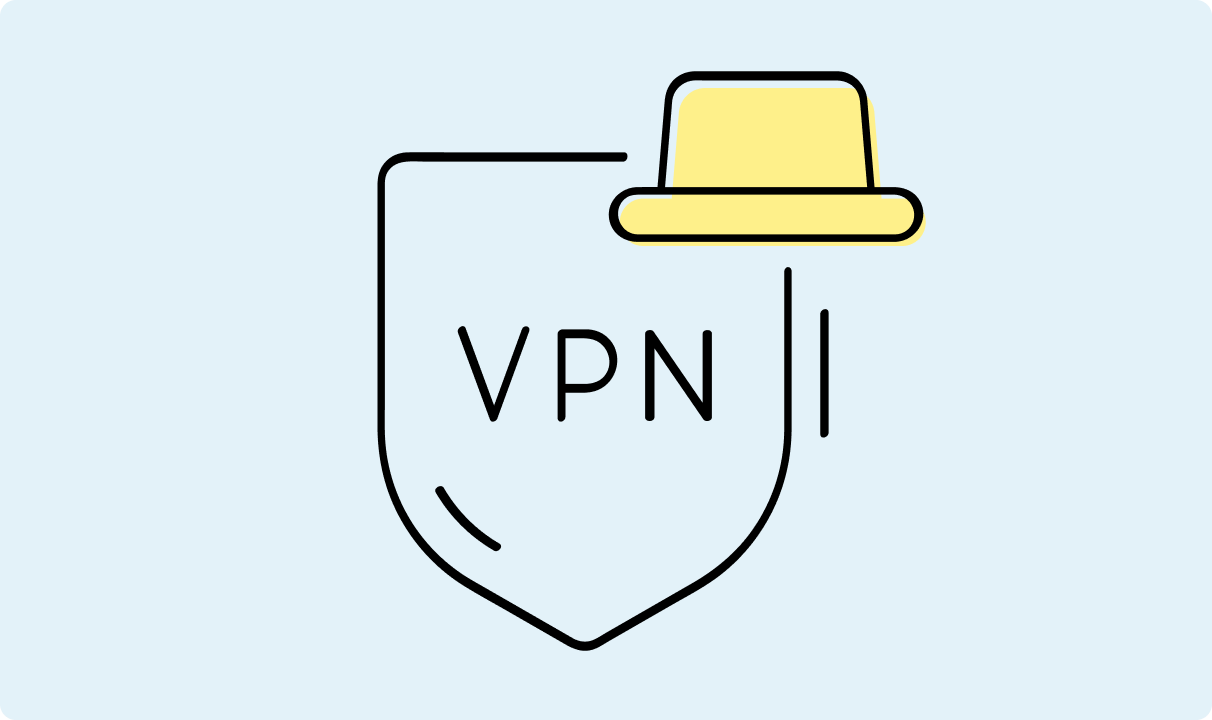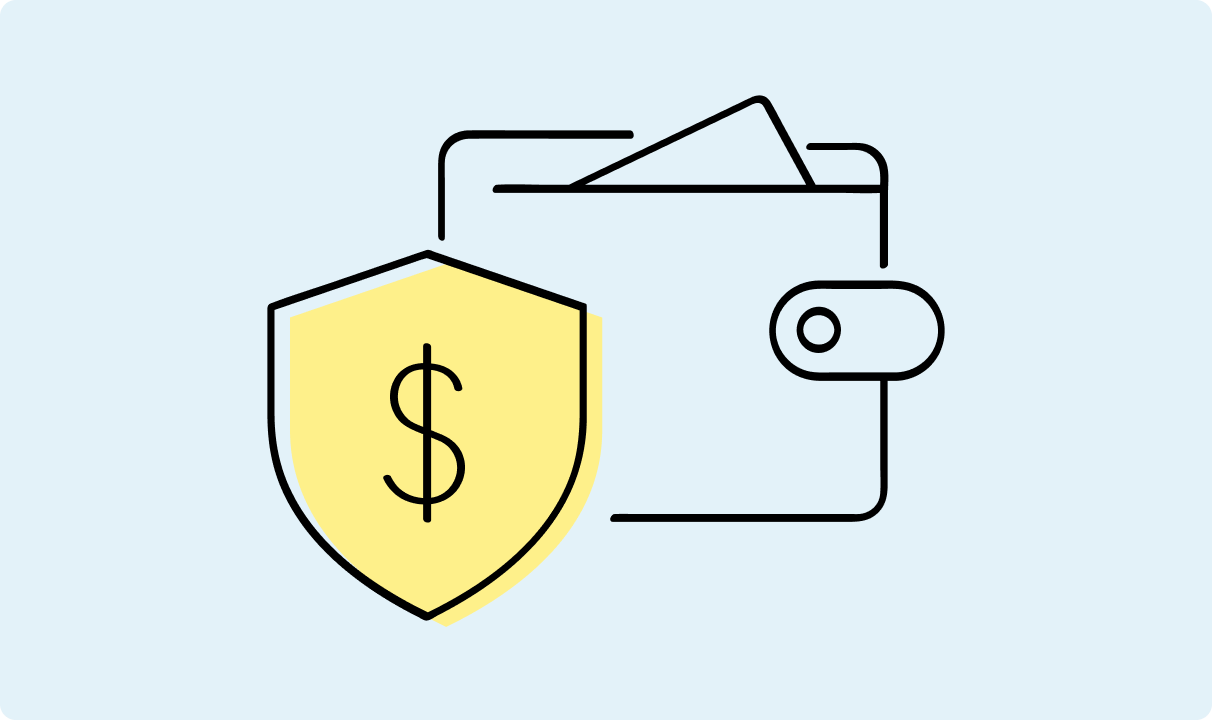CometVPN Blog
If you want to stay safe, choose an anonymous VPN with a reliable no-logs policy that doesn’t store your data logs. These VPN providers often have the tools and reputation that allow you to reach a high level of anonymity.
6 min read
 Rasa Sosnovskytė
Rasa Sosnovskytė 
Choose Category

4 min read
How Much Does a VPN Cost in 2025 & How to Save More
Key takeaways:

Rasa Sosnovskytė

4 min read
How to Bypass xHamster Age Verification in 2025
xHamster requires age verification in countries like the UK, US, and France as it must comply with local laws to operate legally. You can bypass ID verification by using a VPN server in a country that doesn't require it.

Guoda Šulcaitė

4 min read
12 Best SportSurge Alternatives That Actually Work (2025)
An article on SportSurge Alternatives, answering the questions of whether to choose free or paid alternatives, and providing a list of the top paid and free SportSurge Alternatives.

Guoda Šulcaitė

6 min read
Best CrackStreams Alternatives: Free & Safe Picks for 2025
This is an article about the best CrackStreams alternatives in 2025, covering why CrackStreams was taken down and offering a list of the best paid and free alternatives.

Guoda Šulcaitė

4 min read
10 Best Buffstreams Alternatives to Watch Live Sports in 2025
This is an article about the best Buffstreams alternatives in 2025, providing a list of 10 alternatives to Buffstream, and answering how to stay safe while watching sports online.

Adomas Šulcas

6 min read
How to Bypass Lightspeed Filter Agent: 2025 Guide
An article on how to bypass Lightspeed filter agent, covering why VPNs, proxies, DNS servers, mobile hotspots, and other methods to bypass Lightspeed and stay safe while doing it.

Rasa Sosnovskytė